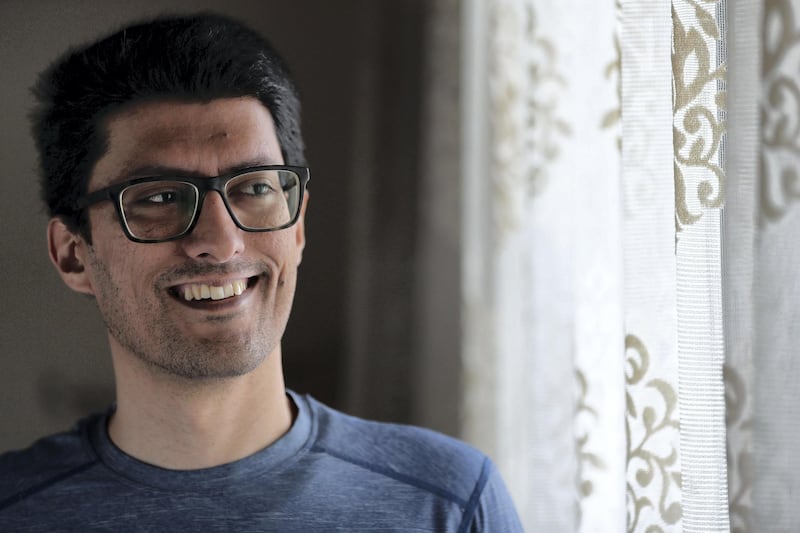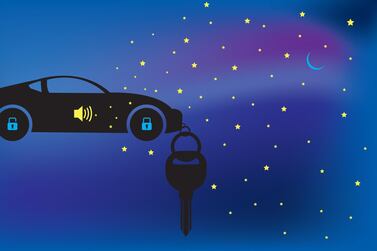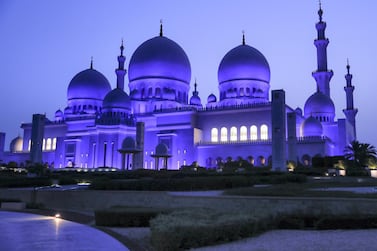Every year around Ramadan, Muzammil Shaikh and his brother calculate the zakat they must pay as one of the five pillars of their Islamic faith, then sit down to choose a set of beneficiaries together.
At home in Ajman they give alms to a seamstress, a friend of Mr Shaikh’s mother whose husband is out of work. They wire rupees to a cousin in Pakistan to distribute to several family members in Karachi, and also transfer money to their former maid in Sri Lanka.
Their zakat contributes to the recipients’ grocery bills, medical treatment and school fees for their children.
“The whole point of zakat is to do due diligence as to where the money is going,” says Mr Shaikh, 35, a Pakistani broadcast engineer who has lived his whole life in the UAE. “It should not go into a ‘blind’ bucket. We need to be on the ground to find out who needs it the most, then provide care and support.
“It doesn’t have to be external charity. It can start from the family as well, if someone needs it. They should not be employed or getting an income; it should be someone who really needs money and is in dire straits. In this case they are low-income households and the sons are not making enough.”
Zakat is one of the five pillars of Islam and "purifies" a Muslim’s wealth by imposing a mandatory annual charitable contribution. Eligible Muslims – who have wealth above the nisab threshold – pay 2.5 per cent of their eligible, cumulative wealth above and beyond their living expenses.
Calculators are available online to help determine the zakat a Muslim must pay, taking into account any income-yielding property (but not the home in which they live), gold and silver, cash, shares and the value of any businesses – and even pension contributions.
Assets are weighed up against money owed and personal and business liabilities, from rent to utilities, to reach a figure that equals 2.5 per cent of net savings.
Zakat should be paid on the anniversary of the date when wealth reaches the nisab threshold, but can be paid at any time of the year. Muslims often choose a special Islamic date instead, which is easier to remember; many choose to give their zakat in the month of Ramadan, when the rewards for good deeds are believed to be even greater.
Mr Shaikh, who is married with a 10-month-old son, says he and his brother pay around Dh5,000 each per year. “It ends up being more than 2.5 per cent but we don’t cover it that strictly.”
The Quran specifies eight categories of people eligible to receive zakat, including the poor and those with debts. Mr Shaikh says he had been paying several hundred dirhams on a regular basis to a family friend but it was never zakat, as the woman’s son worked.
“That was simply charity, because they are not entitled to it. We work on trust but we need to be sure that the money goes to someone who needs it and that their circumstances haven’t changed. People we give to in my mother’s neighbourhood in Karachi – that is obviously a poor place.”
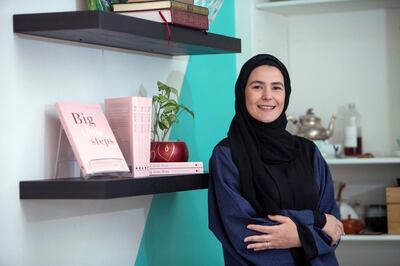
Communications manager Mathilde Loujayne, 35, a Frenchwoman who grew up in Oman and converted to Islam at 17, has lived in Dubai since 2007. She made her zakat in India on a recent trip, giving alms to beggars on the street. She also gave to an animal conservation organisation in Agra which rescues poached and mistreated elephants; she says it opened her mind to eco-tourism and volunteering.
Zakat should be done “discreetly and quietly, for good reasons – not to show off,” Ms Loujayne says. For that reason, she declines to say how much she gives.
Giving time or volunteering is another form of charity, she says – even smiling at someone could be considered doing good.
Ms Loujayne, who is married with a two-year-old daughter, was raised in an atheist family and went to Catholic school in France, where she chose to be baptised, before moving to Muscat. She converted to Islam around the time of 9/11.
“My parents have always been very open and have given me the freedom to explore religion,” she says.
The author of Big Little Steps, a book about women and Islamic values, Ms Loujayne says she and her family pray during Ramadan at the 40-year-old UAE charity Dar El Ber Society on Sheikh Zayed Road, which offers a sermon in English and activities for children. There, she pays the zakat al fitr – an offering equivalent to about 2 kilograms of flour, wheat, barley or rice, which must be given before the end of Ramadan, in addition to the annual zakat.
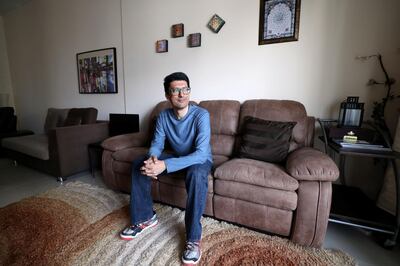
Mr Shaikh says he times his money transfers so the beneficiaries can have “a small meal, prepare clothes and have a gathering” for Eid Al Fitr. He also sends money for animal sacrifices for Eid Al Adha.
In its inaugural zakat report – released to coincide with the start of Ramadan – the United Nations refugee agency UNHCR says global zakat giving stands at $76 billion (Dh279.11bn) annually. However, it also says zakat donations are falling dramatically below their “true potential”; they could increase almost fivefold to reach $356bn (Dh1.307 trillion).
Sixty per cent of the world’s almost 41 million forcibly displaced people are eligible for zakat, it says, urging Muslims to “remember refugees in their prayers and remember them with their zakat” in Ramadan. More than half of the refugees in UNHCR’s care come from just five countries, all predominantly Muslim: Syria, Afghanistan, South Sudan, Myanmar and Somalia.
Paying a zakat effectively creates a welfare system. The UNHCR says that the lives of the displaced would be “completely transformed” if all Muslims who pay zakat were to allocate a third of their alms to refugees.
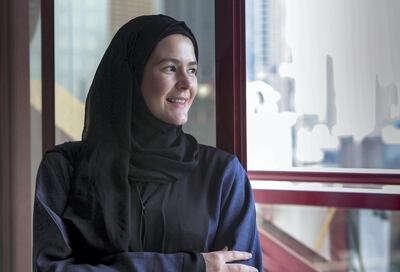
Although Ms Loujayne gave her zakat in India this year, it does not have “to be far”, she says, “it can be just to your neighbour. The point is to help those around you in need”.
She recommends Muslims look to some of the new initiatives and movements popping up in the UAE, such as Ramadan Sharing Fridges, a Facebook group listing more than 200 communal fridges across Dubai that donors keep stocked with food and drink for the needy to take to break their fast.
